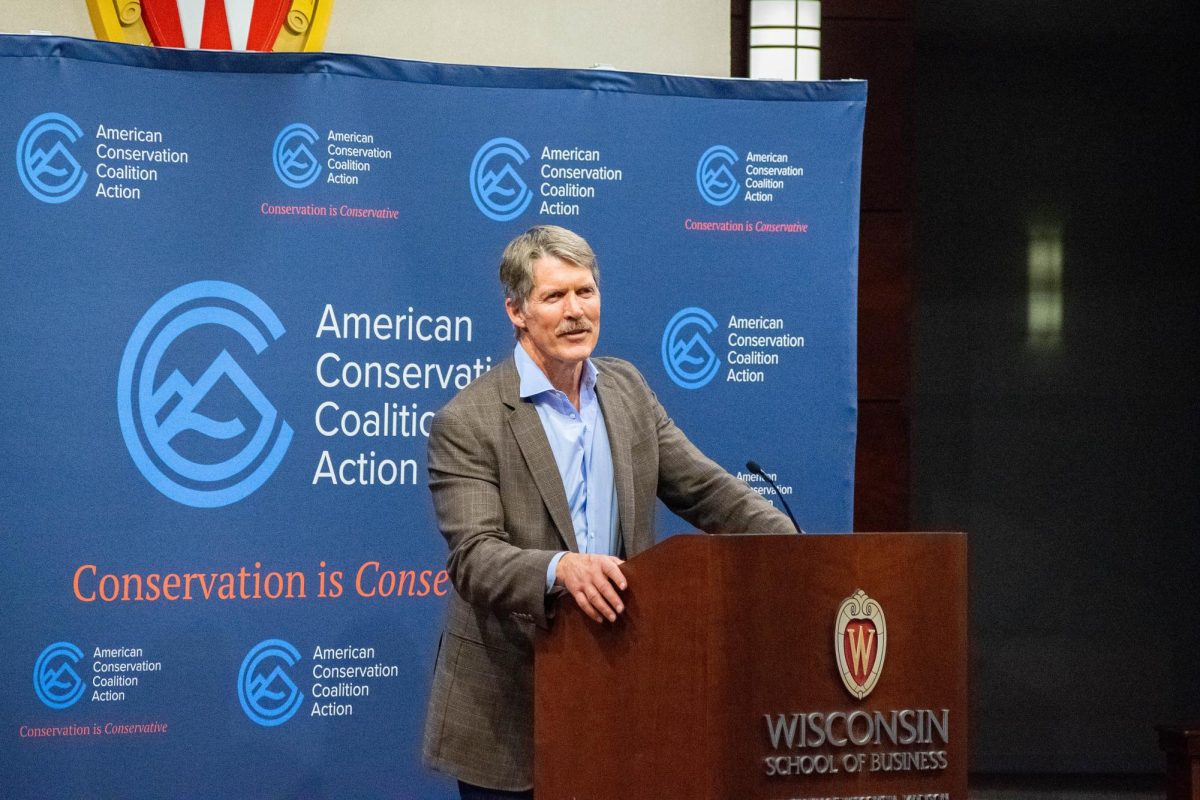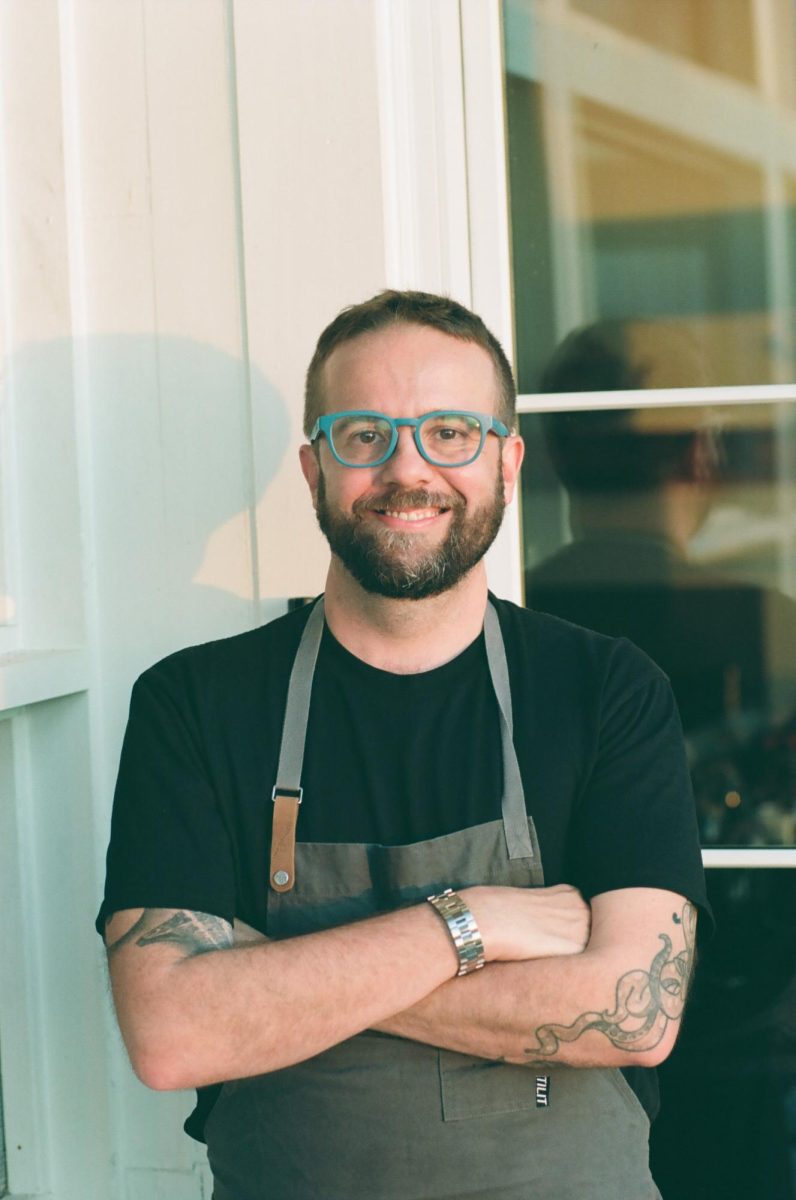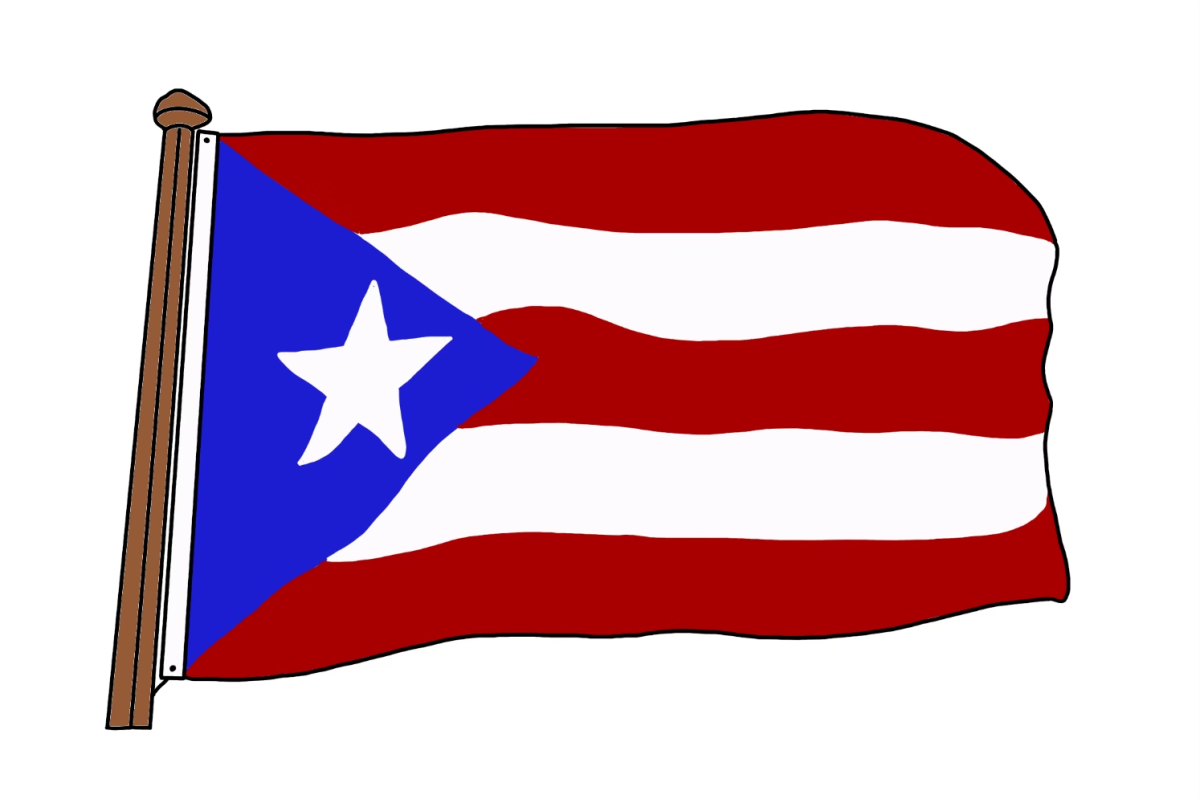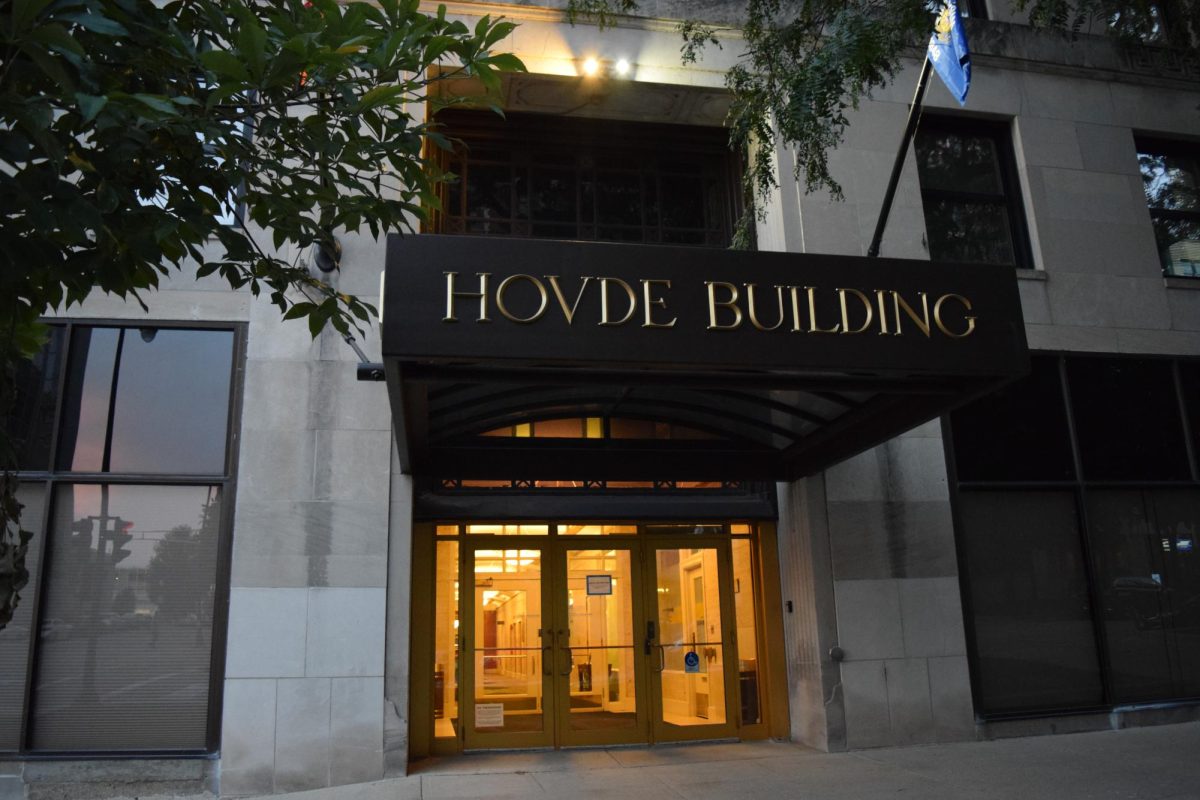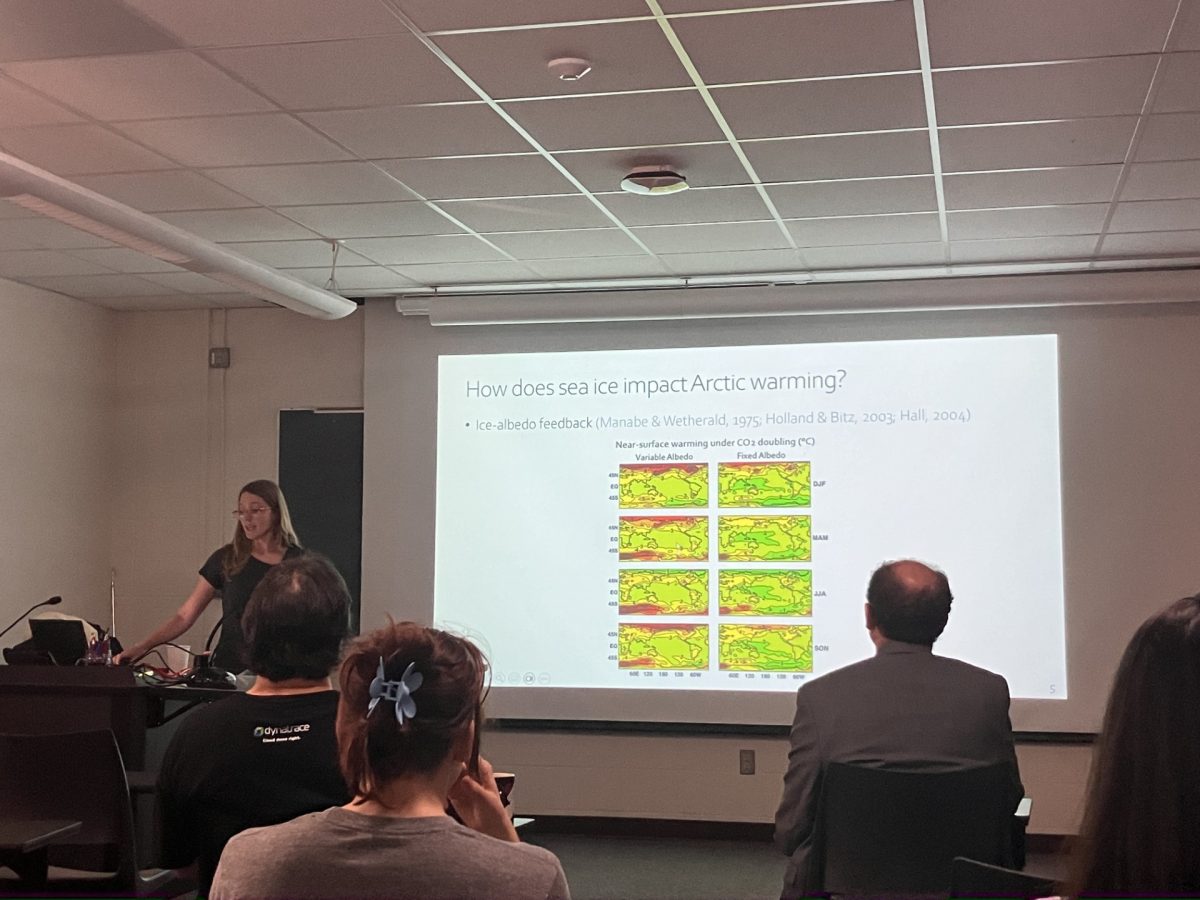University of Wisconsin students let their democratic voices be heard Tuesday as they headed to the primary polls to cast their ballots for the Democratic presidential candidates.
“Having the primaries moved up really mobilized students,” UW graduate student Elizabeth Herman, who was able to see each major candidate in person, said.
Student groups for John Kerry, Howard Dean and John Edwards worked hard to ensure students showed up at the polls in support of their candidates.
“We held a rally with Wesley Clark, put flyers in the dorms, and worked non-stop making phone calls,” Don Eggert, chair of Students for Kerry, said. “Students truly do care about issues, and if you have a message that makes sense, you can reach out to them.”
Several students at the polls noted Dean’s support group was particularly successful in maintaining a high level of visibility.
“Through flyers, rallies, and knocking on people’s doors, we were able to achieve a very high response,” Shira Roza, chair of Students for Dean, said.
The student groups’ work highlighted the importance of voting. Although student turnout in the United States is historically low, with a 36 percent turnout rate of 18 to 24-year-olds in the 2000 election, students at the polls Tuesday viewed voting as an important act to partake in.
UW sophomore Misha Wolfson, who spent part of his childhood living in the Soviet Union, viewed voting as a “moral responsibility never to be taken for granted.”
“Voting is vitally important,” UW sophomore Merritt Wilson said. “It determines our leaders, so it is an opportunity I don’t pass up.”
Students at the polls said various reasons, such as apathy, factor into why turnout among students tends to be so low.
“It’s general nihilistic apathy,” Wolfson said. “Students just don’t feel they need to worry about politics.”
Ald. Austin King, District 8, said lack of information is a primary reason for low turnout among young voters. He recalled how he didn’t vote in the first election in which he was eligible to vote, the 2000 primary, because he didn’t really know what was at stake.
“No one really talked to me about it,” King said, who has voted in every election since. “I think young people, more so than any other age group, will vote only if they feel they are well informed.”
Low turnout among young voters in the past has damaged the campaigns of certain candidates. In 1972, presidential candidate George McGovern relied too heavily on the support of students, and when they failed to show up at the polls, it helped contribute to a landslide victory for Richard Nixon, according to UW sociology professor Donald Ferree.
Roza said Dean did not fall into that trap.
“Dean did not rely too heavily on students at all,” Roza said. “Our response and turnout have been very good among students.”


